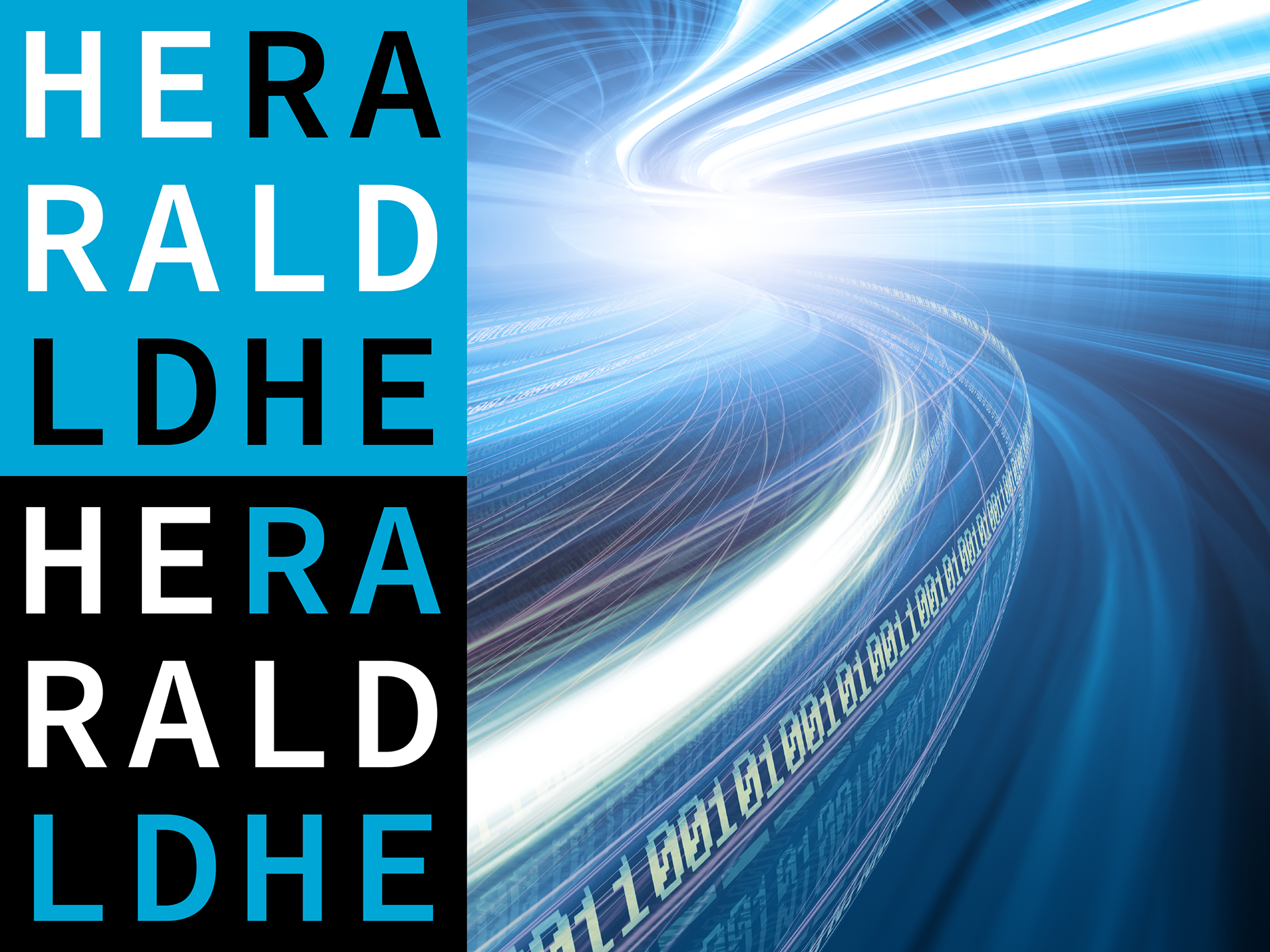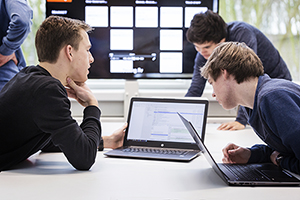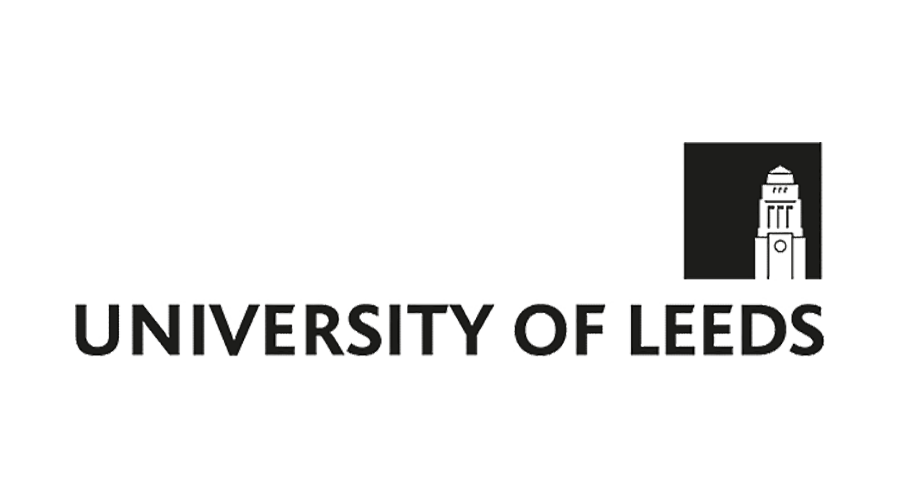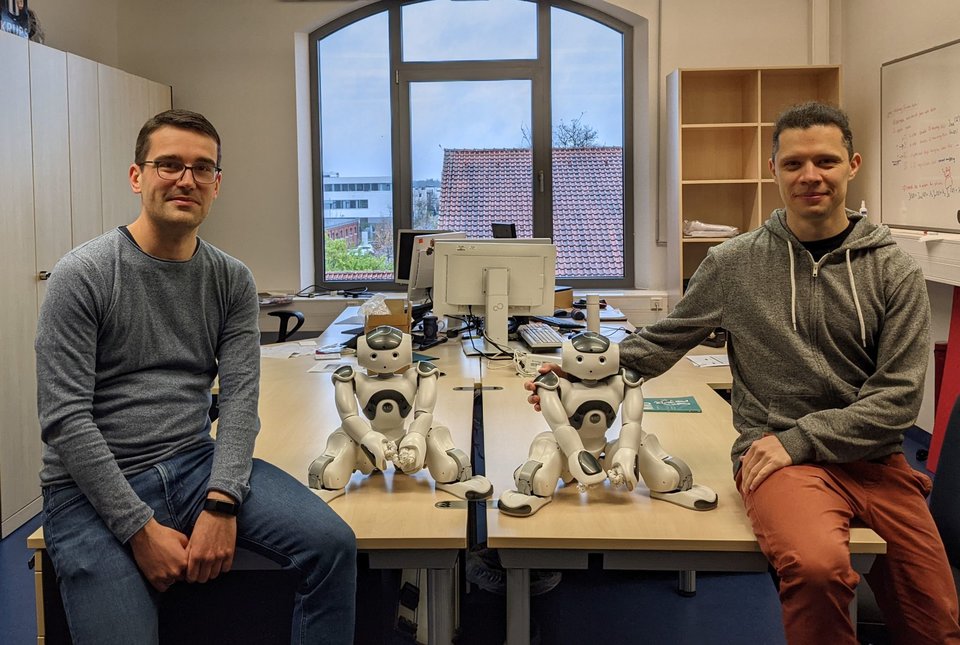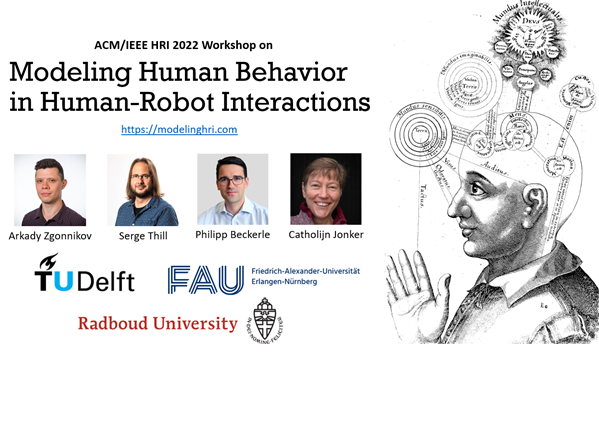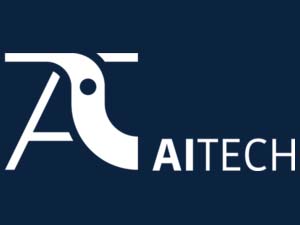HERALD
HERALD Lab
Human-aware robust AI for automated driving
The advent of autonomous vehicles is one of the most anticipated technological developments of our time. But despite much progress in recent years, highly automated driving systems are still a long way from being able to drive freely on the streets of our cities. A major bottleneck on the road to the many potential benefits of these systems is their ability to share the road safely and efficiently with human-driven cars and pedestrians. This is a very complex issue, in which AI can play a decisive role.
HERALD Lab develops novel AI methods that will enable automated driving systems to interact responsibly and robustly with the people around them. To do this we will combine machine learning, cognitive modelling, control theory and multi-agent simulations. Ultimately, our goal is to lay the groundwork for a new generation of autonomous vehicles that are truly reliable partners for the people around them.
The HERALD Lab is part of the TU Delft AI Labs programme.
The team
Education
Courses
2024/2025
- Machine Learning for Signal, Systems, and Control | SC42165
- Fundamentals of AI Programme | IFEEMCS520100
- Human-Robot Interaction | RO47006
- Applied Experimental Methods | RO47015
2023/2024
- Machine Learning for Signal, Systems, and Control | SC42165
- Fundamentals of AI Programme | IFEEMCS520100
- Human-Robot Interaction | RO47006
- Applied Experimental Methods | RO47015
2022/2023
- Fundamentals of AI Programme | IFEEMCS520100
- Integration Project | SC52035
- Human-Robot Interaction | RO47006
- Applied Experimental Methods | RO47015
2021/2022
- Fundamentals of AI Programme | IFEEMCS520100
- Integration Project | SC52035
- Human-Robot Interaction | RO47006
- Applied Experimental Methods | RO47015
- Applied AI Project | CS4320TU
2020/2021
- Fundamentals of AI Programme | IFEEMCS520100
- Human-Robot Interaction | RO47006
- Applied Experimental Methods | RO47015
Master projects
Ongoing
- Adversarial examples for Image Recognition by Automated Vehicles, Luca Laurenti, Yuxing Gao (2023/2024)
- Formal Control of an Inverted Pendulum, Luca Laurenti, Maarten ten Voorde (2022/2023)
Finished
- In the driver's mind: cognitive modeling of human overtaking behavior when interacting with oncoming automated vehicles, Arkady Zgonnikov, Samir Mohammad (2023/2024)
- Pedestrian Interaction Modelling: Leveraging Trajectory Prediction for Belief Representation, Arkady Zgonnikov, Tom Weinans (2023/2024)
- Hybrid AI for pedestrian behavior prediction, Arkady Zgonnikov, Frederik Westerhout (2022/2023)
- Modeling metacognition during decision making in traffic, Arkady Zgonnikov, Floor Bontje (2022/2023)
- Invetigating interactive merging behavior in a coupled driving simulator, Arkady Zgonnikov, Loran Bogaart (2022/2023)
- Significance of Static Backgrounds for Video Object Detection, Arkady Zgonnikov, Godwin Rayan Chandran (2022/2023)
- Trustworthy AI Assessment of Quality of movements in Trunk Control Rehabilitation Exercises for children, Arkady Zgonnikov, Joseph Sherman (2022/2023)
- Towards Personalization of Robot-Assisted Motor Learning Based on User Characteristics, Arkady Zgonnikov, Caspar Boersma (2022/2023)
- Deep Learning for Abnormal Driving Behaviour Detection, Arkady Zgonnikov, Lanxin Zhang (2022/2023)
- Noise Analysis for Biomolecular Signal Differentiators, Luca Laurenti, Shuxin Chen (2022/2023)
- Control of Dynamical Systems via Deep Kernel Learning, Luca Laurenti, Martin Tan (2022/2023)
- The role of attention in drivers' decision making during merging, Arkady Zgonnikov, Merijn van Niekerk (2021/2022)
- Analyzing the relation between the gap acceptance behavior and the response time of drivers' decisions during overtaking, Arkady Zgonnikov, Annemartijne Sevenster (2021/2022)
- Aligning AI with Human Norms, Arkady Zgonnikov, Markus Peschl (2021/2022)
- Dissipating phantom traffic jams with haptic shared control for longitudinal vehicle motion, Arkady Zgonnikov, Klaas Koerten (2020/2021)

